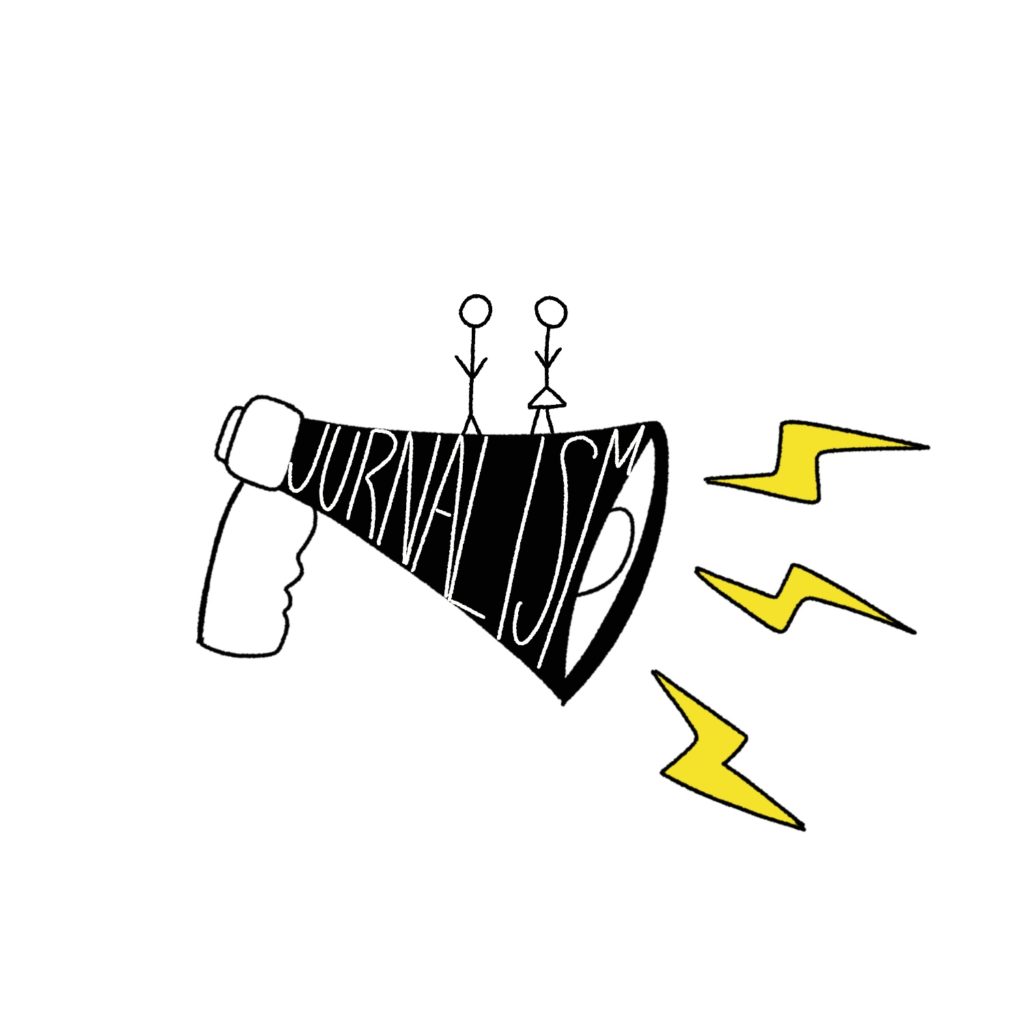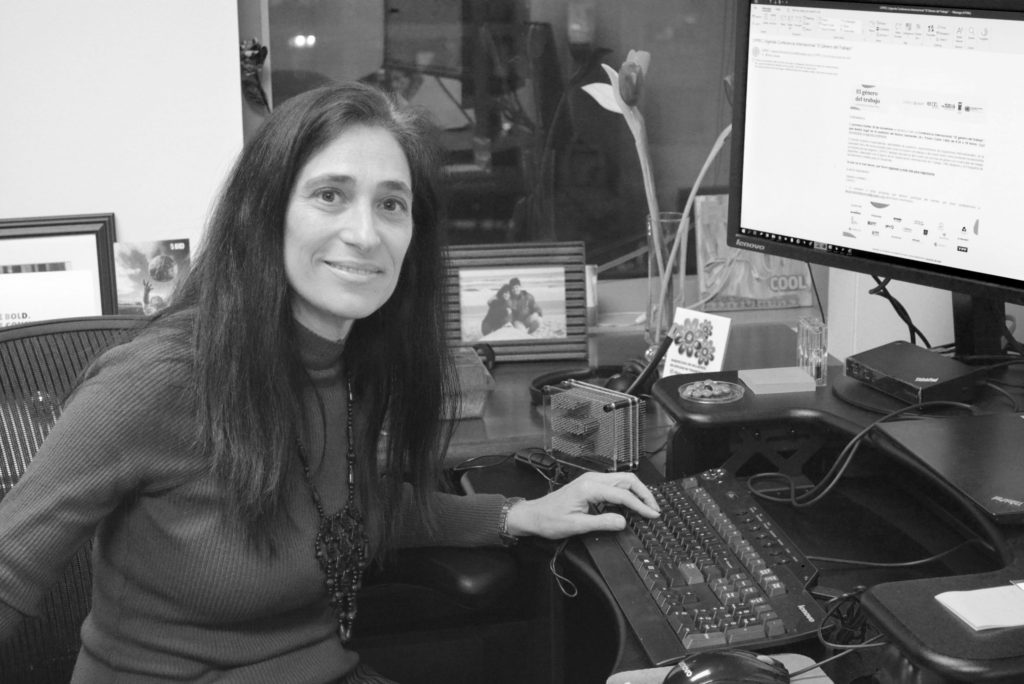Reshaping gender bias through the storytellers of the culture

Over the last 50 years, we have seen advances in terms of gender equality, like participation in the workplace and big advances in the pay gap. But, how the future looks like for gender equality in journalism?
A study of Oxford University (2014) about Gender & Journalism shows that women constituted 37.2% of all U.S newsroom employees and according to a report of The Women’s Media Center (WMC) in 2015, men were in charge of the creation of the 65% of U.S political news, while women were more driven to write religion news, lifestyle stories and health coverage among other “soft” topics.
With these numbers on the table and in the specific moment on history in which we are all living, it is important to raise the question of what needs to be addressed in the journalism of the future to mind the gap. And also ask the question, are newsrooms bias?
“Newsrooms are biased because all our society is bias. There’s no doubt they’re biased. They’re biased in terms of the way they are structure and the staff and the personnel that works there. They’re biased in terms of the products that they generate, the content, the story lines, the images they use.“
Claudia Piras
Lead Social Development Economist and Gender Specialist.

In a conversation about this matter, Economist and Gender Specialist Claudia Piras explained that there is no immediate fix. There is no quick fix. But there is certainly hope because Journalism is one of the pillars in which our societies are built. She added: “I mean, media is such powerful, even a small change can have a big impact. There is more pressure from society in general now. I think people nowadays are every day much more sensitive and aware and demanding on these issues. I’m optimistic. I think change is going to happen.”
Still, a lot has to be done. It is not only to have more women being part of the industry, but it is also having women in decision making positions. For Claudia, this is not the only way, she emphasizes the importance of working also with men because gender equality is not working only towards helping women. As the word “EQUALITY” suggests, it is all about the balance. She explained: “I think we have fabulous men that are able to obviously bring women’s voices and concerns and points of view also. So it’s a matter of changing the mindset of men and women.” For her, the future of gender equality in journalism is having men and women being able to choose where they work and feel that they can be successful in any place they go. And she is not alone in this thinking.
Ph.D. Professor Juliana Martinez, who teaches at American University and works on Gender and Sexuality studies, agrees on the need of changing the mindset starting in the playgrounds to newsrooms. “We need to change the mindset of both, boys and girls, and young men and young women to help them understand what they can really do and that their choices should be guided by their own interests and not by their gender”
“Journalists are the storytellers of our culture”.
Juliana Martinez
PHD professor American University
As Juliana mention, journalists are the storytellers of our culture and the core of journalism itself is to tell those stories. While doing that, journalists are building realities and adding to the collective unconscious. It is the same industry that suffers the gender bias that has in its hands the opportunity to change the stories that needed to be spread, to have not only a more gender-equal industry but gender-equal societies, and that is a promising future.
Claudia agrees that we need to show new ways of seeing the future. “What’s your role in the future as a boy? What he foresees when he grows up, you know. “I want to be a dad for example,” and a girl, “I want to be an astronaut.” It’s not like, “Okay, I just want to be a mom” and the other one wants to be a lawyer. Stories need to shift.
The world is changing, and the future of journalism is changing too, not only speaking about gender but facing a fundamental crisis as one of the main pillars of democracy. Statistics and specialists are optimistic in terms of the future.
As feminist activist Gloria Steinem said “It is hard to think of anything except air, food, and water, that is more important than media… It creates for us the idea of normal, whether or not the normal is accurate … If we can’t see it, we can’t be it”
A huge responsibility, but what an opportunity.
***
